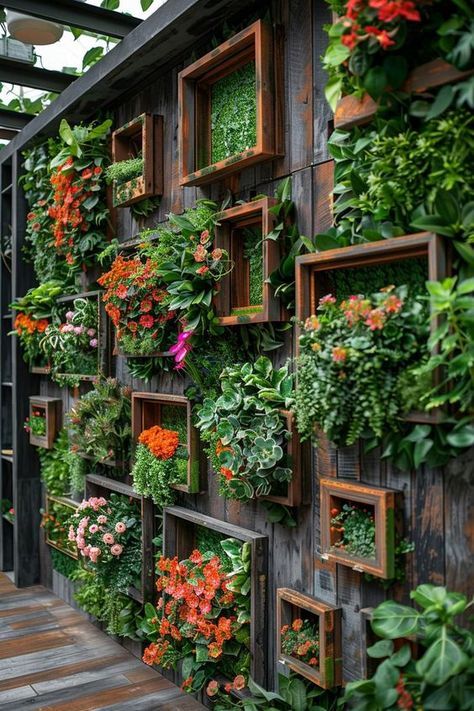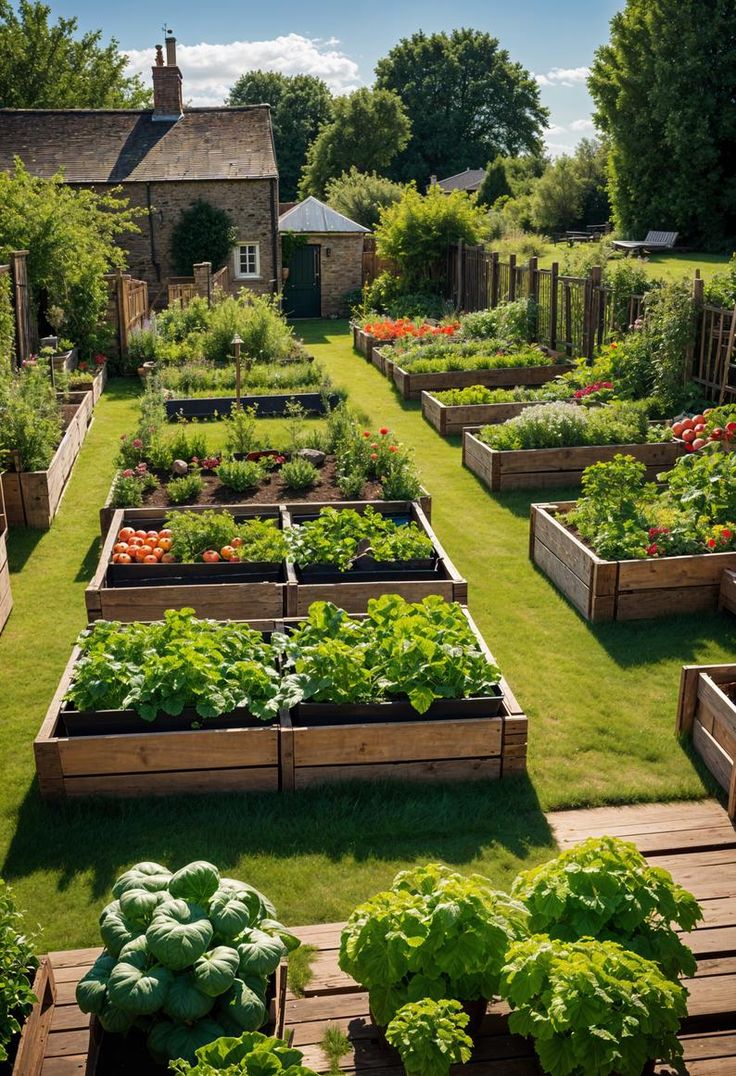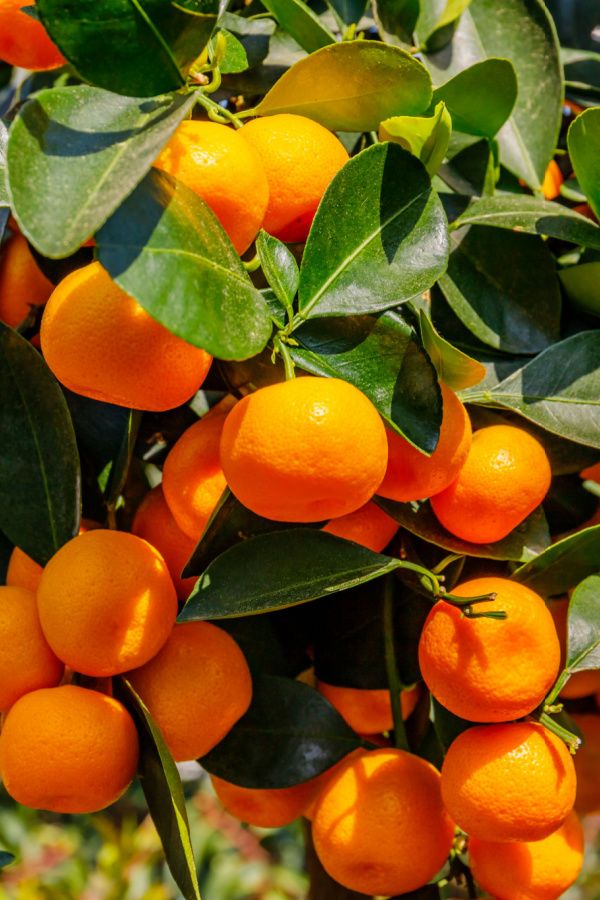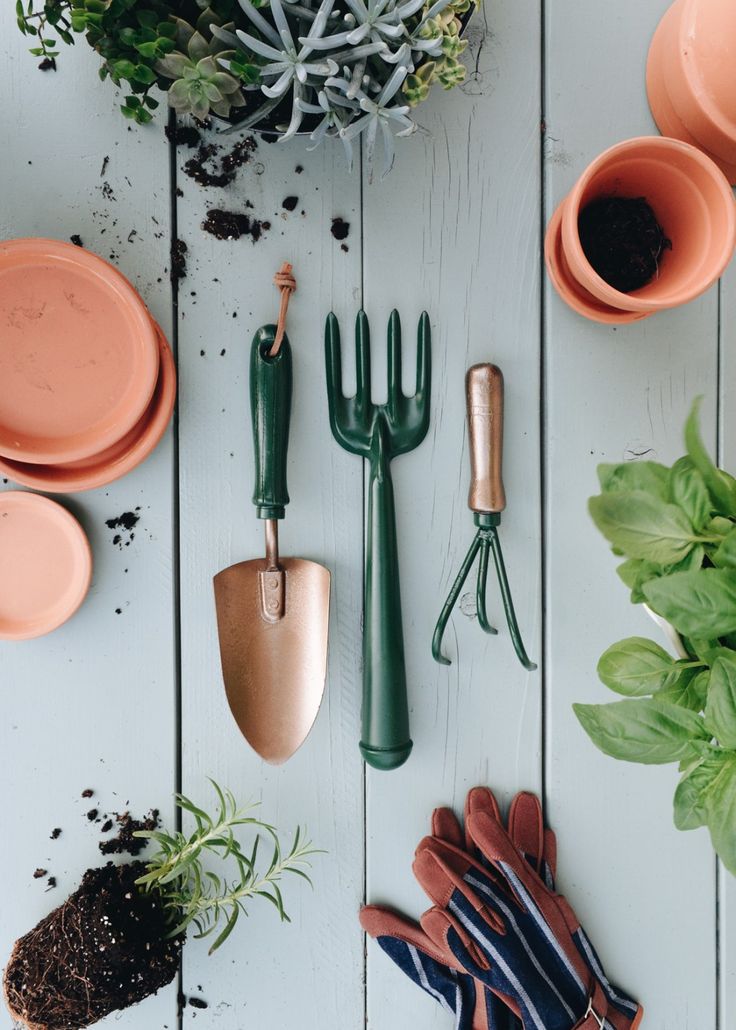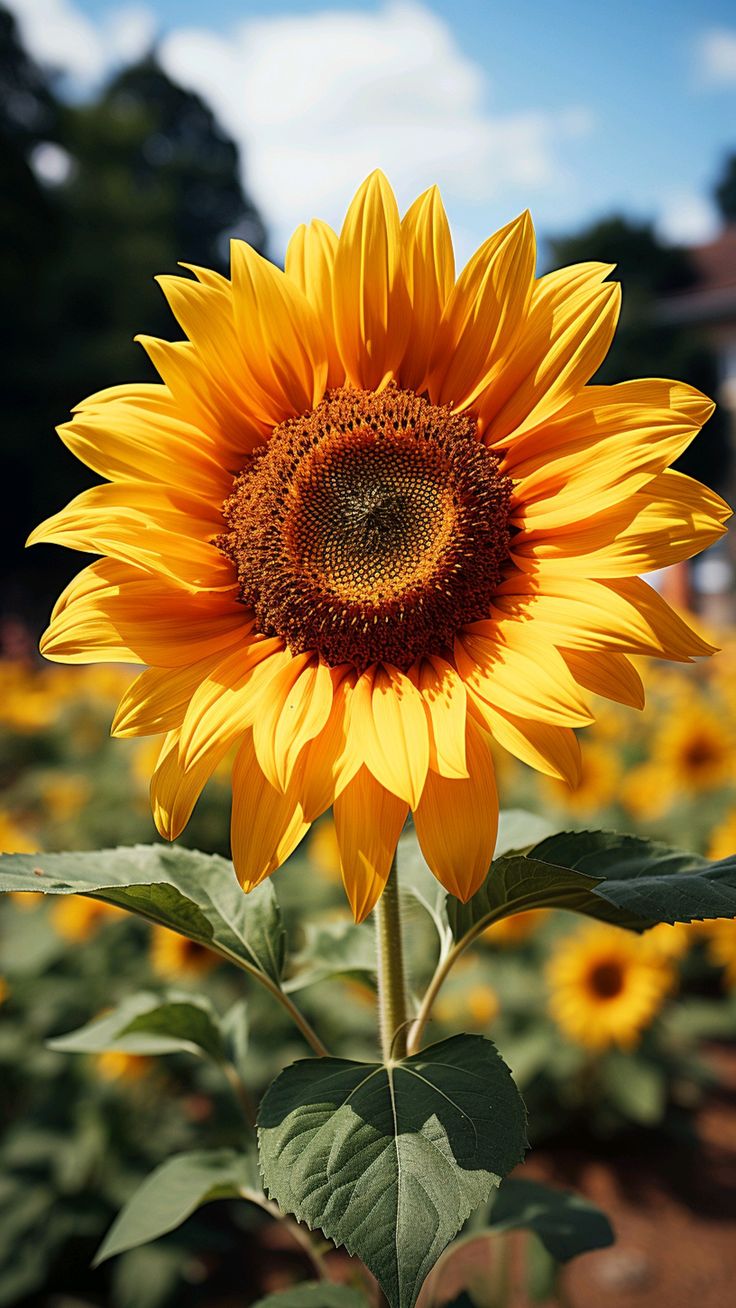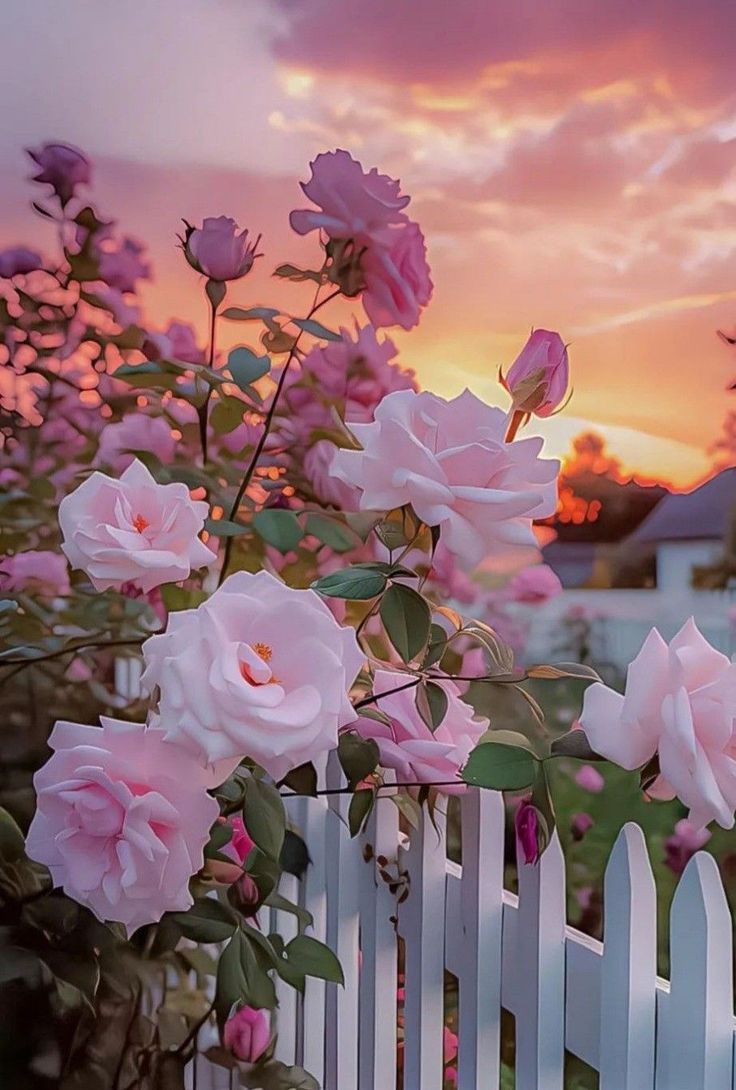Pest Control for Gardens
Gardening is an enjoyable and rewarding activity. However, we must know how pest controls that can sometimes destroy all of your hard work in growing your plants. Insects and other small animals that consume flowers, roots, and leaves are known as pests. They can even damage entire plants if not cared for properly. Let’s discover some quick and easy techniques that keep pests from of your garden.
What Are Garden Pests?
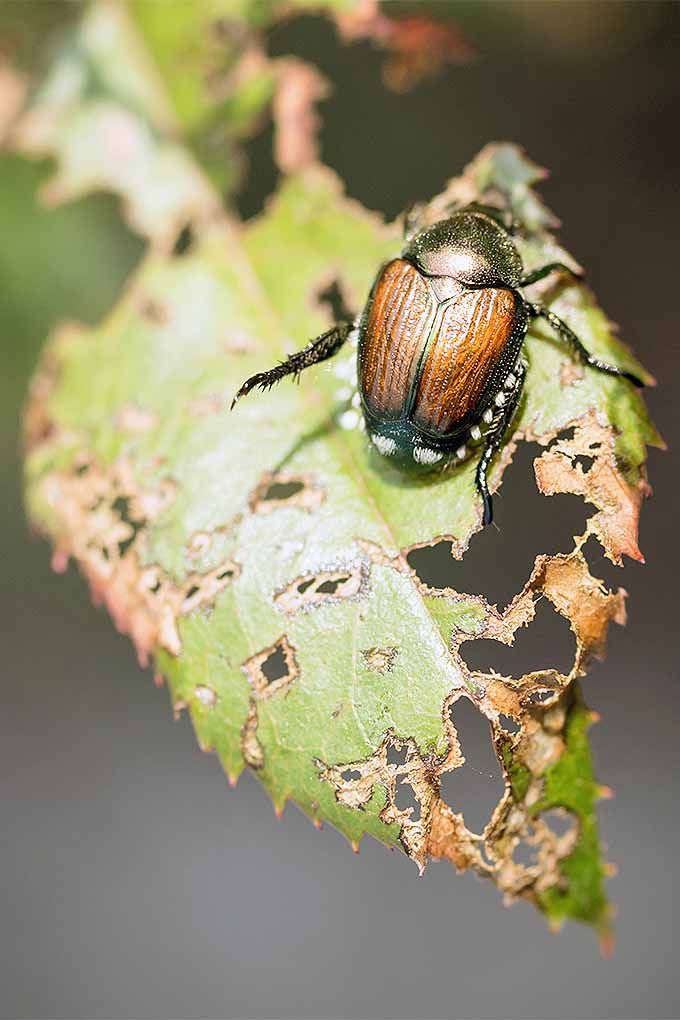
Garden pests are small animals that can harm your plants. Here are some common pests you might find in your garden:
- Aphids: Aphids are tiny insects that feed on plant juice.
- Caterpillars: These are baby butterflies or moths that chew on leaves.
- Snails and Slugs: Slimy animals that eat holes in leaves.
- Whiteflies: Whiteflies are little, white insects that attach to the undersides of leaves.
- Beetles:Beetles are insects that eat roots of plants.
Why Is Pest Control Necessary?
Pest control is essential because:
- It keep the health of your plants.
- It improves the growth of your fruits and veggies.
- It increases the beauty of your garden.
If you don’t control pests, they can destroy your garden. But don’t worry there are safe and easy ways to get rid of them.
Ways to Control Garden Pests
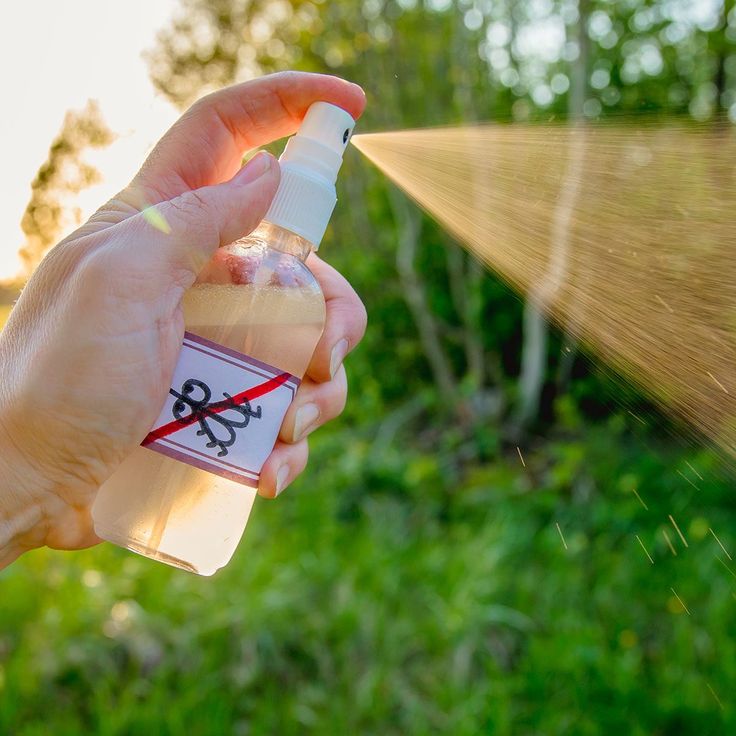
Here are some tips that I use to protect my plants without harming the environment:
1. Keep Your Garden Clean
- Trim fallen fruits, dead leaves, and weeds.
- Remove any old plant pieces where insects easly hide.
- This makes it harder for pests to live in your garden.
2. Use Natural Predators
There are pest controllers in nature. These insects and animals eat garden pests:
- Ladybugs eat aphids.
- Birds eat caterpillars and beetles.
3. Plant Pest-Resistant Crops:
Some plants have a natural defence against pests. Examples include:
- Marigolds: They scare off insects.
- Lavender: The smell of lavender attracts moths and insects.
- Mint: Mint repels ants and mosquitos. Including these plants in your garden can help safeguard other plants.
I planted mint around my cabbage plants. It worked wonders! The strong smell of mint confused pests like cabbage moths and kept them from laying eggs on my crops. I’ve learned that certain plants not only look beautiful in the garden but also act like bodyguards for their neighbors.
4. Use Homemade Sprays:
You can produce safe sprays at home to control pests:
- Garlic Spray:Mix garlic and water and spray it on plants to attract pests.
- Soapy Water: To remove pests from leaves, mix a small amount of dish soap with water and spray it. These sprays do not hurt plants or animals.
I’ve also had success using homemade medicines. My go to is garlic and chilli spray. One year, little caterpillars ate my kale. I mixed some garlic, chilli peppers, and water, then poured it into a spray bottle. I sprayed it on the leaves (avoiding the parts I was going to eat), and the caterpillars disappeared within a few days.
5. Protect Plants with Barriers
You can stop pests from reaching your plants by covering them with:
- Fine mesh nets to block flying insects.
- Cardboard collars around stems to keep caterpillars away.
- Copper tape around pots to stop slugs and snails.
What to Avoid:
Some pest control methods can affect both plants and the environment Avoid:
- Some pest control methods can affect both plants and the environment Avoid:
- Leaving food waste in the garden attracts pest
- Overwatering plants attracts bugs, who prefer wet conditions.
My personal experience
Last year, I noticed many little holes in the leaves of my crops. I found that slugs were the ones responsible. So I started cleaning my garden regularly, clearing fallen leaves and cutting overgrown plants. I even spread broken eggshells around my plants. Slugs despise crawling on them, and it worked like magic. It was a simple trick that made a significant difference.
Now, every time I plan my garden layout, I think about how plants can help each other, and it’s become one of my favorite parts of gardening.


